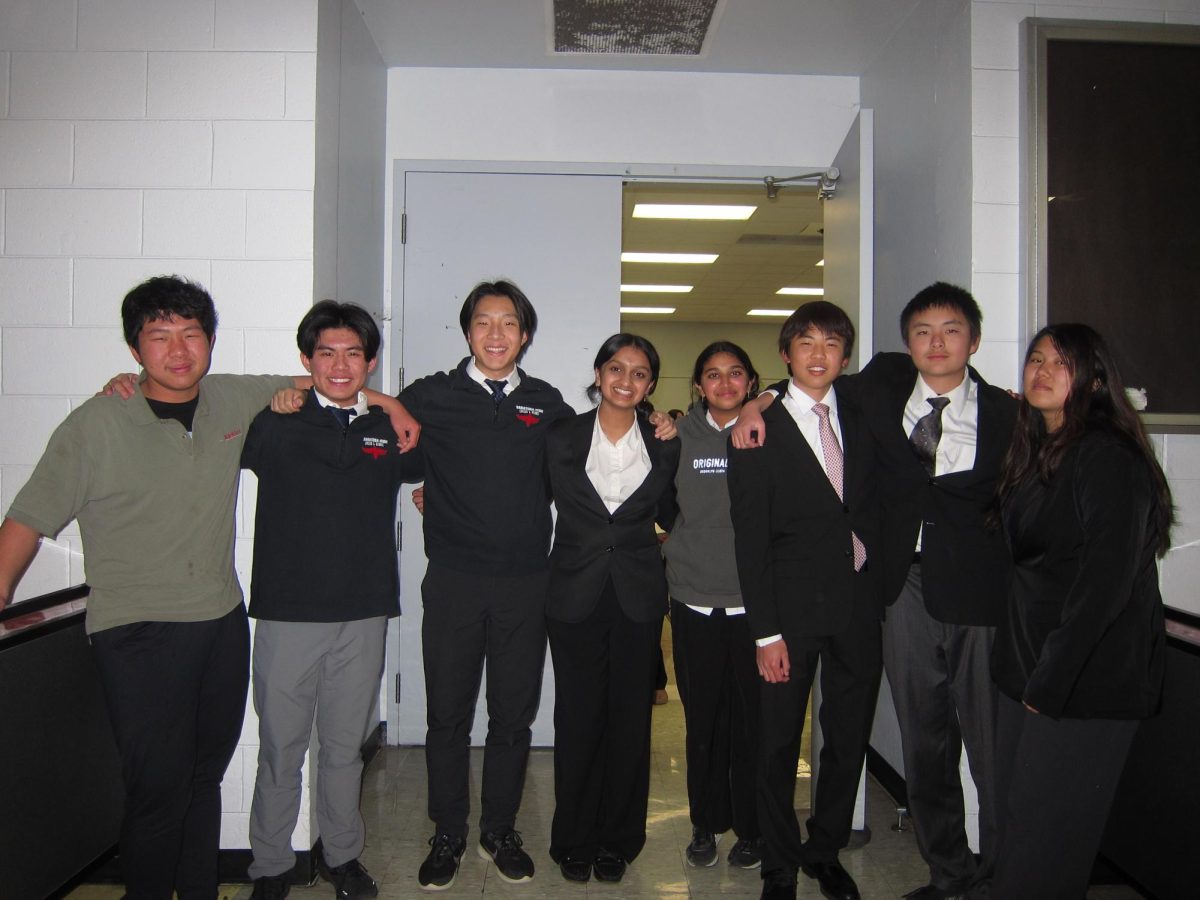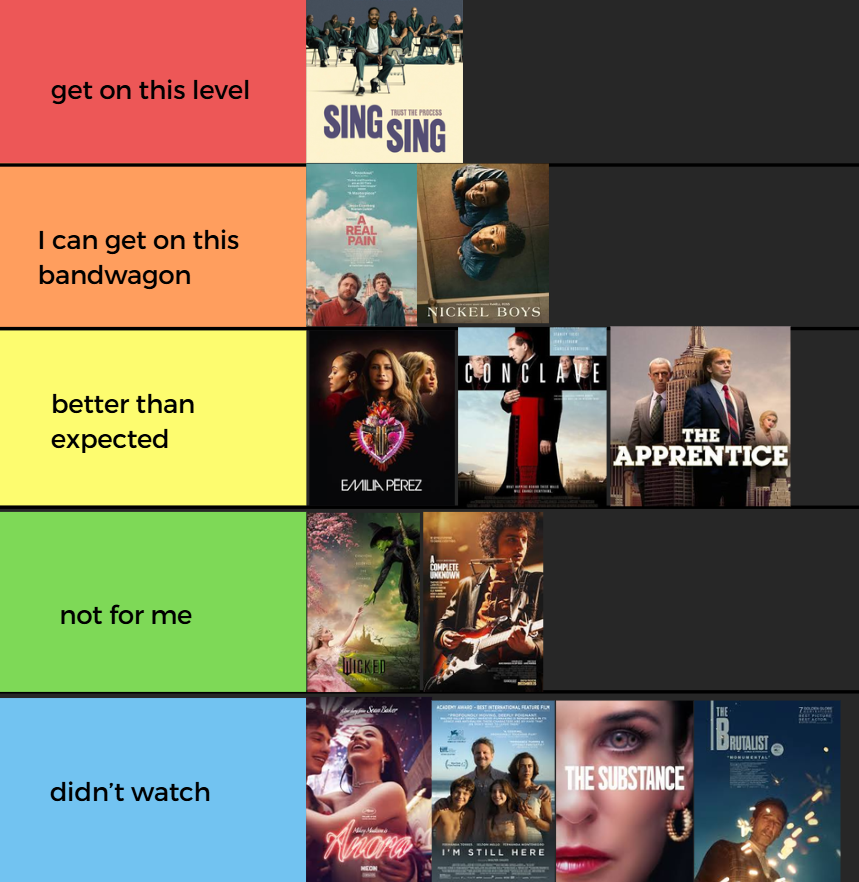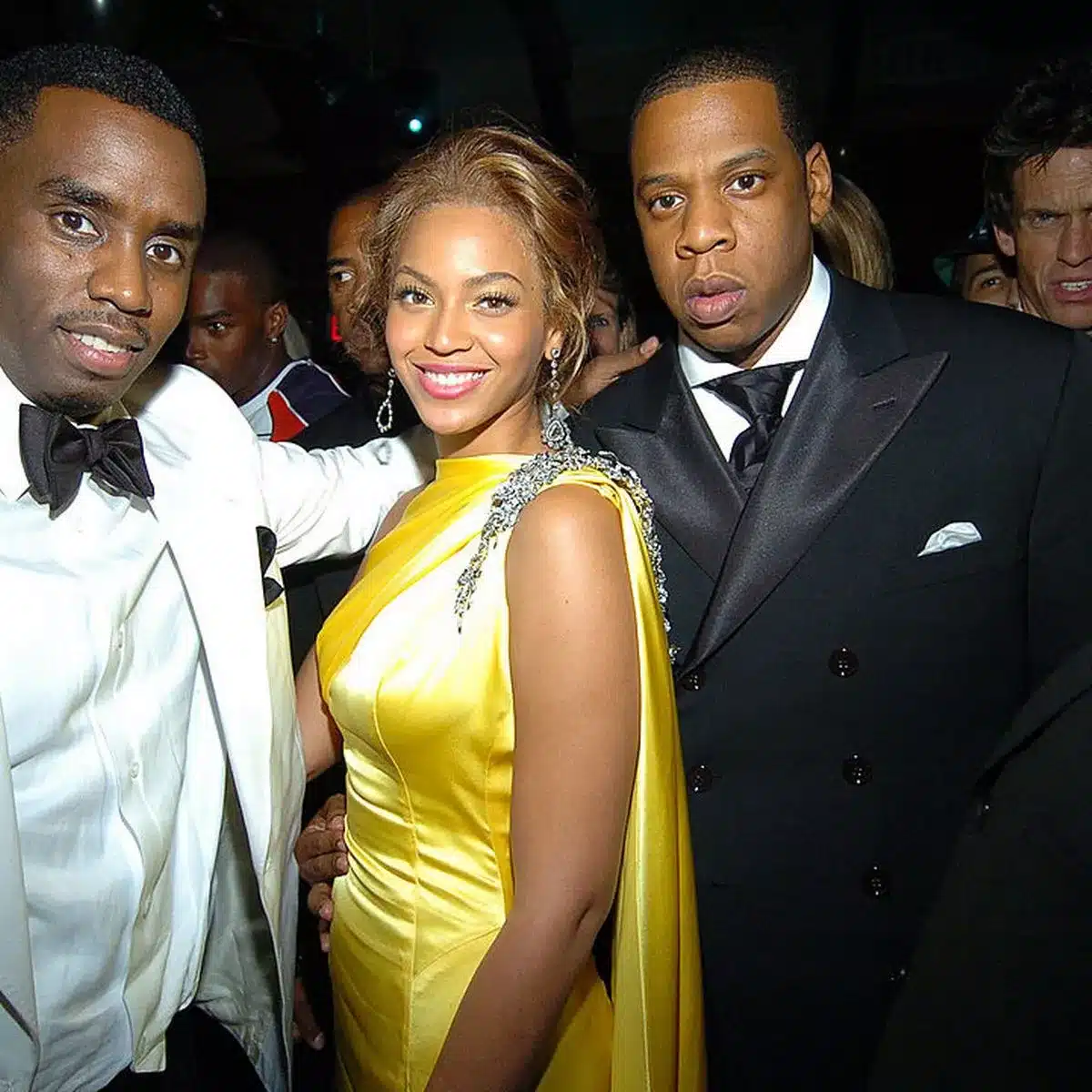When the Grammy nominations for best rap album of 2022 came out on Nov. 15, many hip-hop enthusiasts — the two of us included — were immediately enraged at major snubs from the list. With messy and generic records like DJ Khaled’s “God Did” and Jack Harlow’s “Come Home the Kids Miss You” nominated, the selection of albums seemed to be based on mainstream success rather than actual influence on hip-hop and quality of art.
We appreciate that at least Kendrick Lamar’s “Mr. Morale & The Big Steppers” and Pusha T’s “It’s Almost Dry,” two amazing albums, were nominated. However, our favorite rap album of the year, “The Forever Story” by Atlanta rapper Destin Route, better known as JID, was left off the list entirely.
The album, released on Aug. 26, was the rapper’s first album since jumping into the limelight in the last two years, with features with high-profile artists J. Cole and Kid Cudi. Expectations were high with more people tuning in, but needless to say, JID effortlessly surpassed them, fusing a vast variety of themes into a masterfully cohesive record from front to back.
Though each song presents its own unique story, together they conjoin beautifully into JID’s overarching musing about being Black in America. He seeks glimpses of comfort and meditation with his people amidst his rage at the institutions which have held him down.
He spares no time introducing this rage, too. After “Galaxy,” an ethereal but brief intro, JID sprints headlong into “Raydar,” where he viciously rattles off about the limp position of contemporary Black voices. Over a blistering beat, he establishes how his fellow African Americans are constantly warring with the system and each other.
When he says, “We could travel but the journey long / I prefer we get a lil’ murder on,” he states his understanding of the value in “traveling” to better morals, but also reveals his own nagging inability to follow them. The alarm-like beat switch marks only his first of many flow changes throughout the album, honing an unpredictable but addicting energy to his narrative.
Though his fury may sound maniacal and spontaneous, it ebbs and flows throughout the album, with each recurrence detailing a different facet of his anger. On “Can’t Punk Me,” JID and Atlanta duo EARTHGANG soar through an inferno of snappy bars, violently spitting in the chorus that the system “can’t punk” them, or they will not again fall victim to the Atlanta hood lifestyle that darkened their outlooks.
He furthers his anger on “Lauder Too,” where he questions what more to give in order for African Americans to gain validity in America. Though JID has given his “heart, his art, [and] his artery,” he and featured artist Ravyn Lenae croon that African Americans will forever remain lesser than others in this nation. Together, they resort to simply “feel[ing] the love” as a constant respite from these issues, brewing a realistic but sad notion of JID’s feelings.
Despite his frustration over the poverty in some urban areas and the difficult lives led by many African Americans, JID provides a layered vision on how to uplift his people. A key segue into this dimension of the album is “Dance Now,” immediately succeeding “Raydar.” Atlanta rapper Kenny Mason’s gruff vocals contrast with JID’s staccato flow as they contemplate the evil realities of gang culture in Atlanta. Behind a playful, catchy “bum bum ba dum” sample defining the beat, they reflect that life is worth dancing to instead of antagonizing.
Just before midway into the album, JID drops another personal song accentuating this idea: “Kody Blu 31.” This pivotal track serves as a tribute to a friend’s son with football No. 31 who had passed away young. JID’s wistful singing over soft drums and background vocalists ruminate over the fragility of a Black life and generations of trauma riddling his community. The chorus, however, injects a beautiful modicum of hope. Everyone repeats, “swang on,” or a reminder to Kody’s family and the Black race to continue enduring their pain and pushing for change.
Though melodically softer, this track is a potent humanization of the Black race in America. Black culture may seem to thrive in today’s entertainment and media, yet the creators of such beautiful culture continue to suffer from police brutality, racism and an eternal divide in many standards. “Kody Blu 31” displays the endurance of the Black race in a digestible but contemplative manner, denoting not only JID’s limitless potential as a storyteller, but his effort to spark change and unity.
JID further illuminates his introspection with the parallel songs, “Bruddanem” and “Sistanem.” JID and Lil Durk detail the blessings and curses of unwavering loyalty with a dollop of lighthearted jazz on “Bruddanem.” He then juxtaposes this message with a set of trilling, intoxicating synths on “Sistanem,” urging his family to focus on maintaining their individual well-being instead of seeking vengeance for each other.
In the second half of “Sistanem,” however, JID dwells over his family’s warnings that fame is alienating him from his roots. JID resolves to stay true to himself and always maintain his love for his family and community regardless of the commercial success he achieves. The two songs establish JID’s balancing act of being with his people but also uplifting himself, two contradicting but necessary realities for him to pursue.
By pulling the listener into his turbulent world of indecision, both within his mind and his community, JID provides invaluable context to his “forever story” of serving himself and his people, along with his truth that there is always more to rectify with his art.
JID capstones his commitment to conscious art and uplifting his community with a final reflection on his life and career in the closing track “2007.” With the song essentially centered around himself, it concretizes the everyday mindset he strives for, along with his purpose.
His conversational and seemingly objective tone when recounting his past reckless aspirations to become a rockstar and a false theft accusation tearing apart his life suggests that he is at peace with his past sufferings. He calmly references his experiences to strengthen his passion on why he “grinds” to advance his music.
In short segments at the end of the song, JID’s father and J. Cole express approval of JID’s resolution to chase his goals. Though JID’s father kicked him out of the house initially when he began rapping, he actually enters the track to reflect on a “brain wrestle” in trying to convince JID to get a job other than music, ultimately praising JID’s full commitment in his pursuits.
With a holistic description of his tumultuous but successful life, JID flourishes the idea that he both lives and preaches his “forever story” and also commends his peers who supported his rap journey.
The meticulous, thoughtful artistry of JID’s “The Forever Story” makes it the king of 2022. In similar fashion to “good kid m.A.A.d city” by Kendrick Lamar, one of the most critically acclaimed rap albums of all time, JID’s resolute conclusion rests on self-awareness and meditation on struggles, goals and relationships, realities that his contemporaries do not typically address anymore.
To us, “The Forever Story” establishes the importance JID places on unadulterated artistry, earning JID his place as one of the most genius rappers of our time. While this album crystallizes JID’s incredible ability at visualizing and executing a myriad of cultural and emotional themes, this is only the start of his dominance of rap; we’re extremely excited to see how he proceeds to blossom the humanity that defined this album in his future storytelling.


























